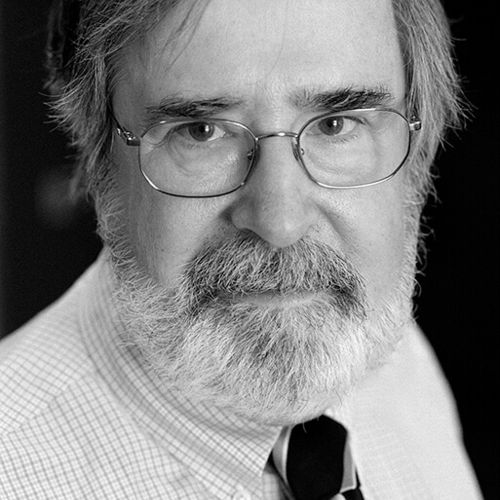Lecture: Model Checking Hybrid Systems
Edmund Melson Clarke
Abstract:
Although every undergraduate in computer science learns about Turing Machines, it is not well known that they were originally proposed as a means of characterizing computable real numbers. For a long time, formal verification paid little attention to computational applications that involve the manipulation of continuous quantities, even though such applications are ubiquitous. In recent years, however, there has been great interest in safety-critical hybrid systems involving both discrete and continuous behaviors, including autonomous automotive and aerospace applications, medical devices of various sorts, control programs for electric power plants, etc. As a result, the formal analysis of numerical computation can no longer be ignored. In this talk, we focus on one of the most successful verification techniques, bounded model checking. Current industrial model checkers do not scale to handle realistic hybrid systems. We believe that the key to handling more complex systems is to make better use of the theory of the computable reals and computable analysis. We argue that new formal methods for hybrid systems should combine existing discrete methods in model checking with new algorithms based on computable analysis. In particular, we discuss a model checker that we are currently developing along these lines.

